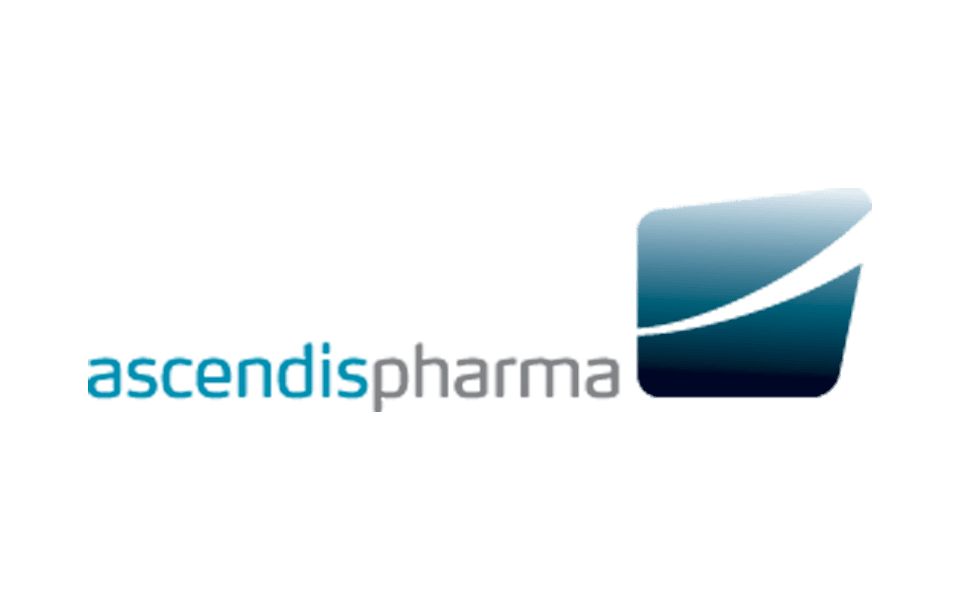 Ascendis Pharma A/S recently announced that a Phase 1 single ascending dose study of TransCon Treprostinil given to healthy volunteers has been initiated. This trial aims to address therapeutic needs regarding pulmonary arterial hypertension, a serious and life-threatening orphan disease that is characterized by high blood pressure in the pulmonary arteries.
Ascendis Pharma A/S recently announced that a Phase 1 single ascending dose study of TransCon Treprostinil given to healthy volunteers has been initiated. This trial aims to address therapeutic needs regarding pulmonary arterial hypertension, a serious and life-threatening orphan disease that is characterized by high blood pressure in the pulmonary arteries.
Pulmonary arterial hypertension (PAH) is a condition caused by the blood vessels becoming hard and narrow, which causes serious problems in pumping the blood through the body and heart failure. Symptoms include shortness of breath, chest pain, faster heartbeat and decreased appetite.
TransCon Treprostinil was designed as an inert pro-drug that enables a sustained release of unmodified treprostinil in circulation through a subcutaneous injection that can be self-administrated one time each day. TransCon Treprostinil produces a pharmacokinetic profile that is similar to continuously infused prostacyclins, but offers a more convenient pathway of administration that avoids infusion site pain and the risk of bloodstream infections that are linked to commercialized infused prostacyclin therapies.
Jan Mikkelsen, the CEO and president of Ascendis Pharma, explained in a press release: “The initiation of this Phase 1 study for our second wholly-owned clinical program is an important milestone for Ascendis. Our clinical stage pipeline is now comprised of long-acting TransCon pro-drugs that incorporate both small molecules and proteins, demonstrating the broader potential of the TransCon technology platform.”
[adrotate group=”3″]
Through this single ascending dose Phase 1 study, the pharmacokinetics of the drug will be assessed, as well as injection tolerability and safety parameters. The results are expected to be reported in mid-2015.
Ascendis Pharma TransCon technology brings together the advantages of pro-drugs and sustained release technologies to advance new and top therapies that can address significant unmet needs. This approach can be applied to existing drug therapies such as small molecules, proteins or peptides and create predictable and create sustained release of the parent drug (unmodified).

